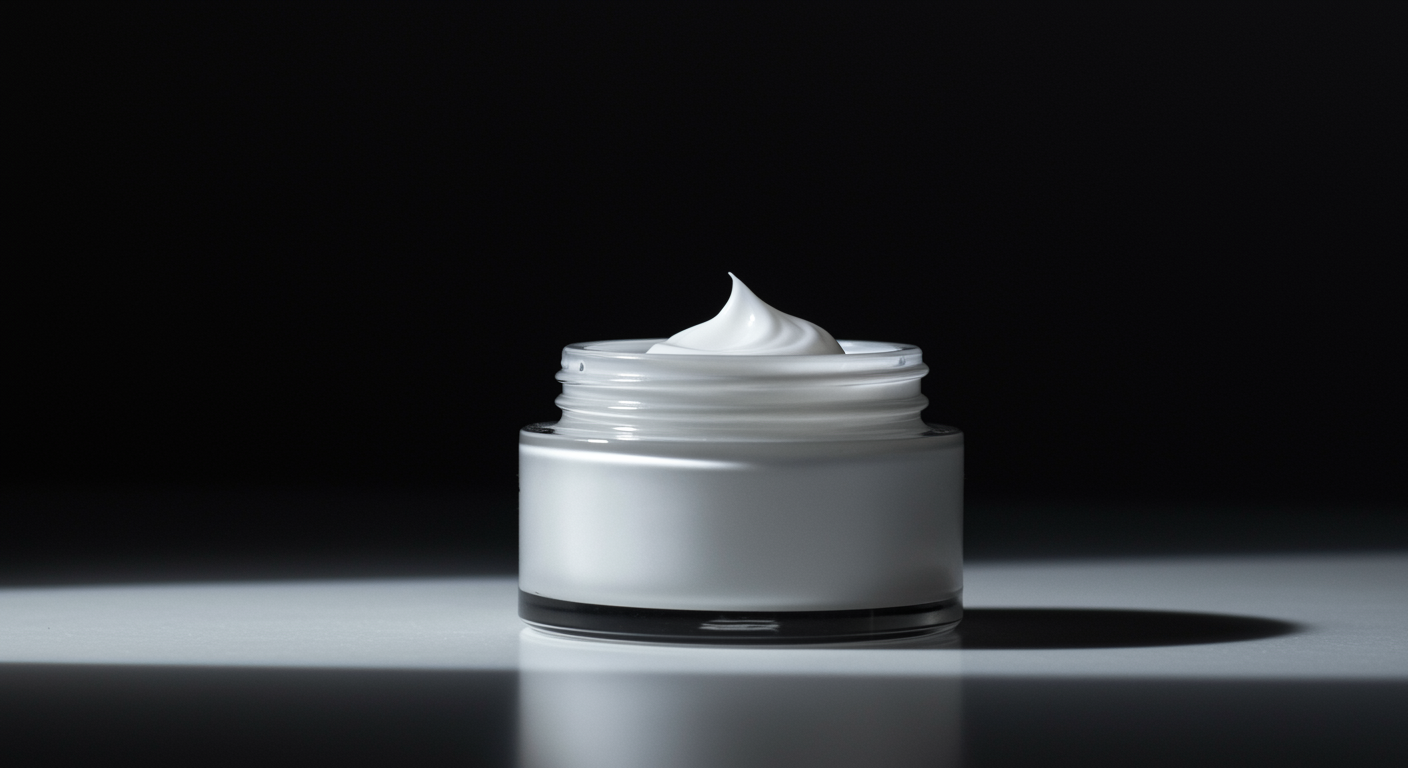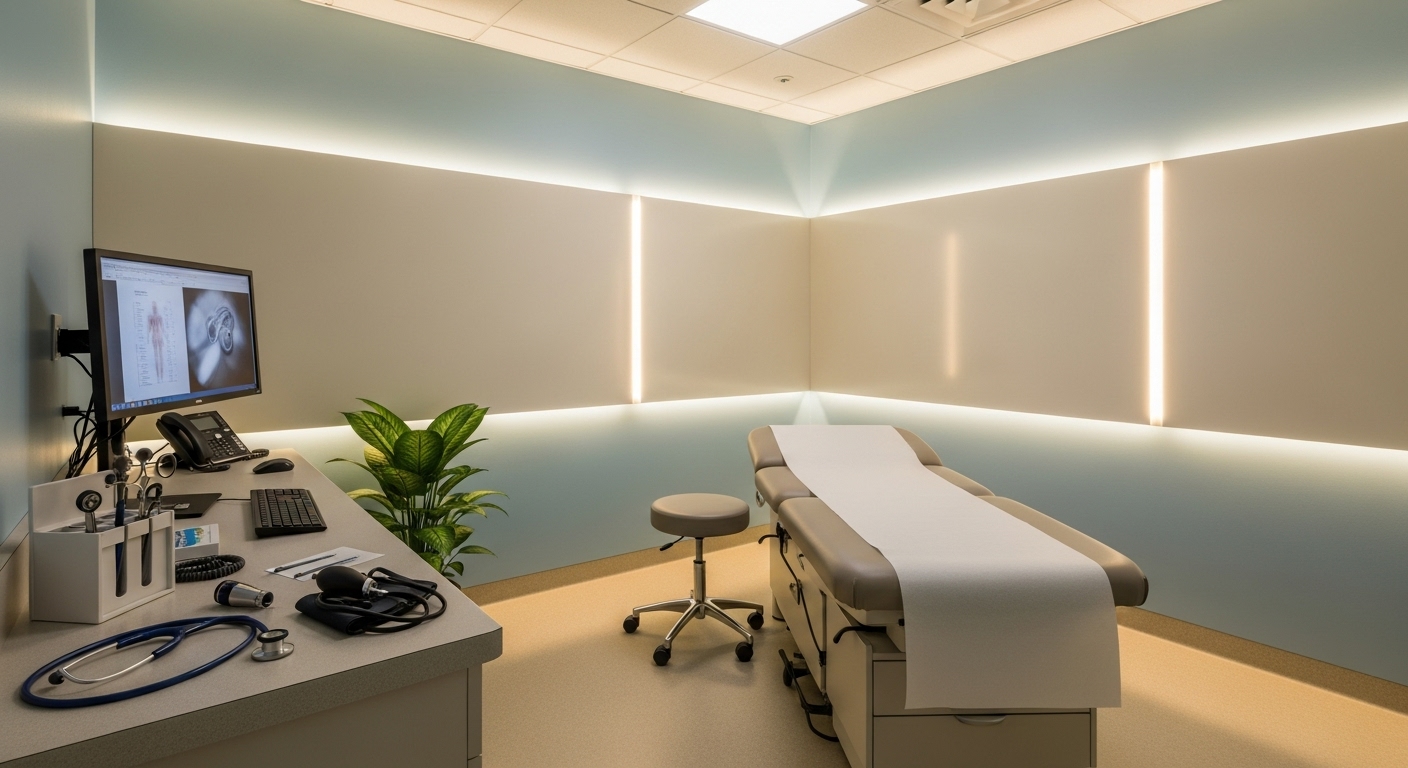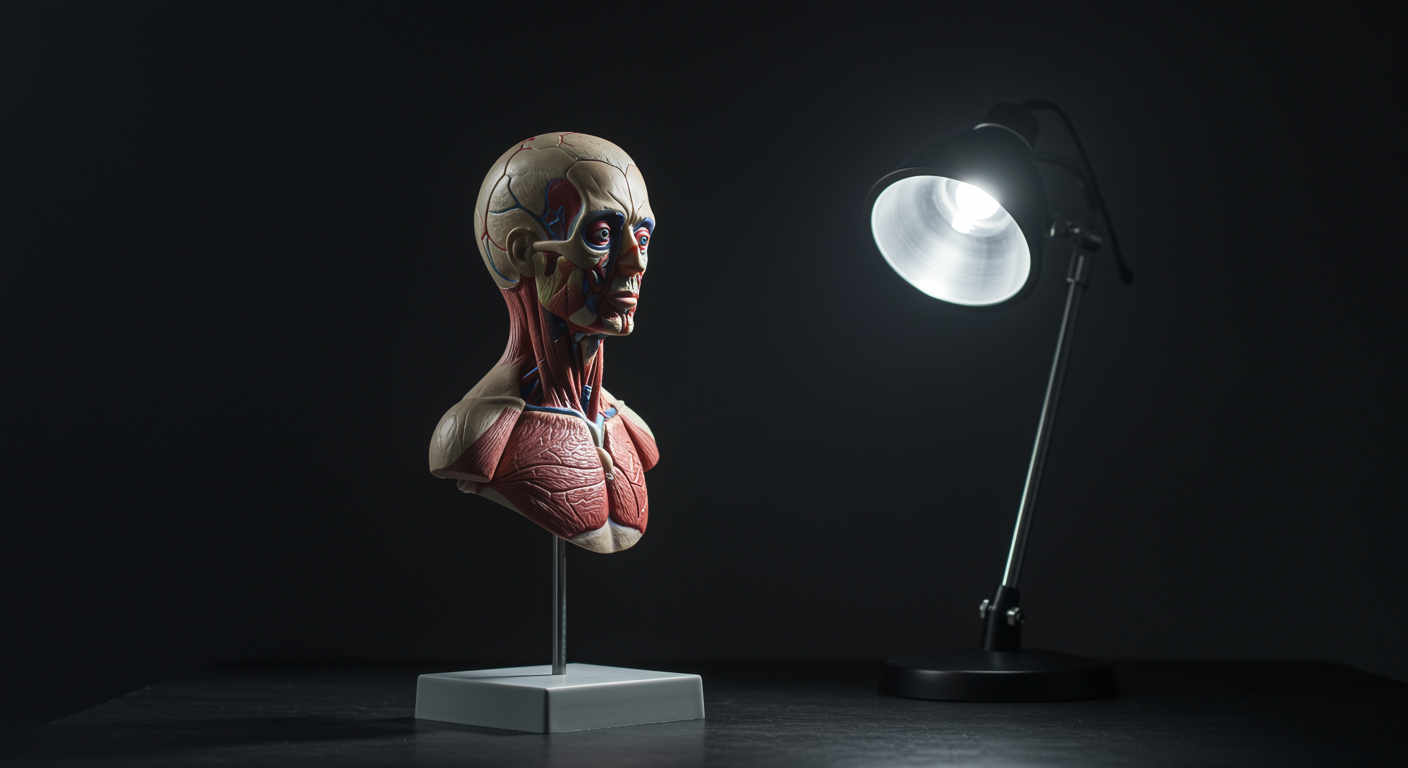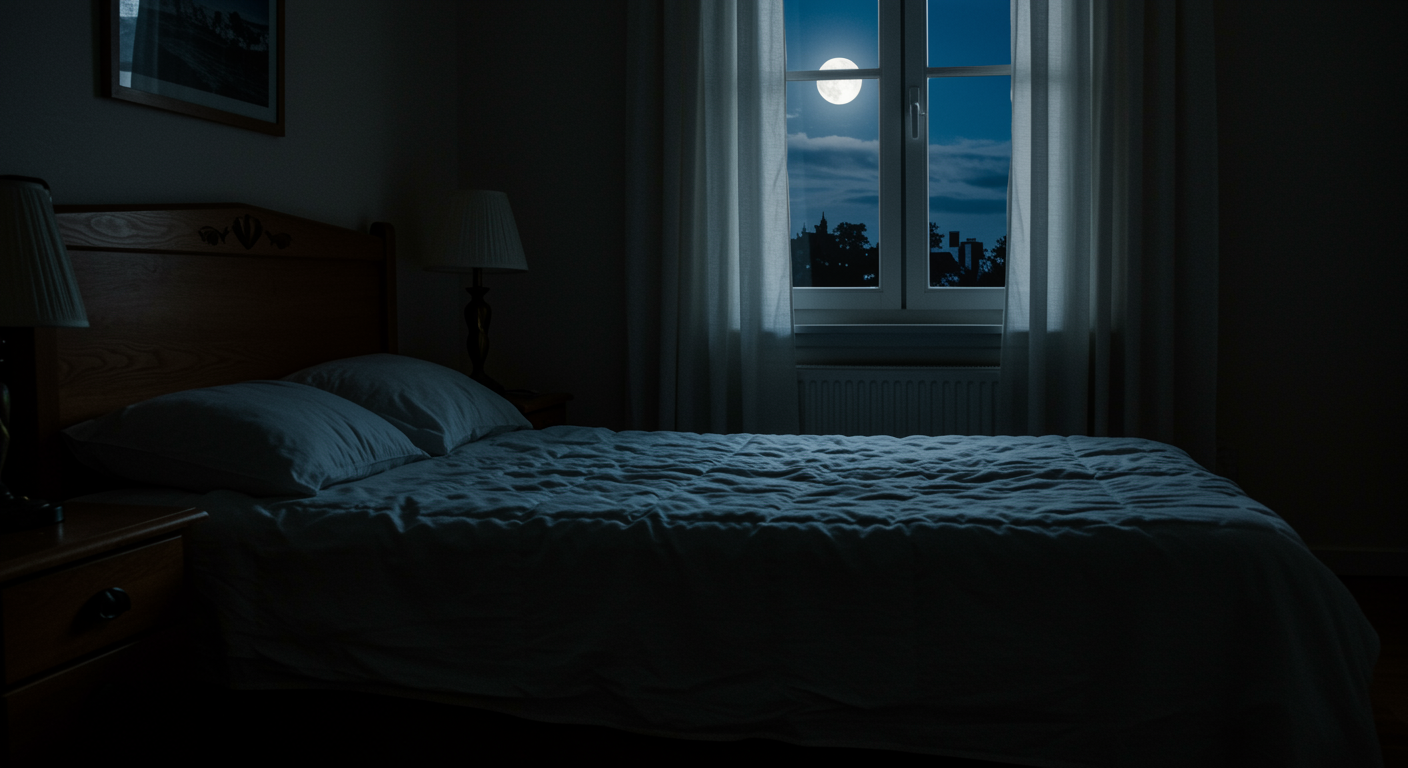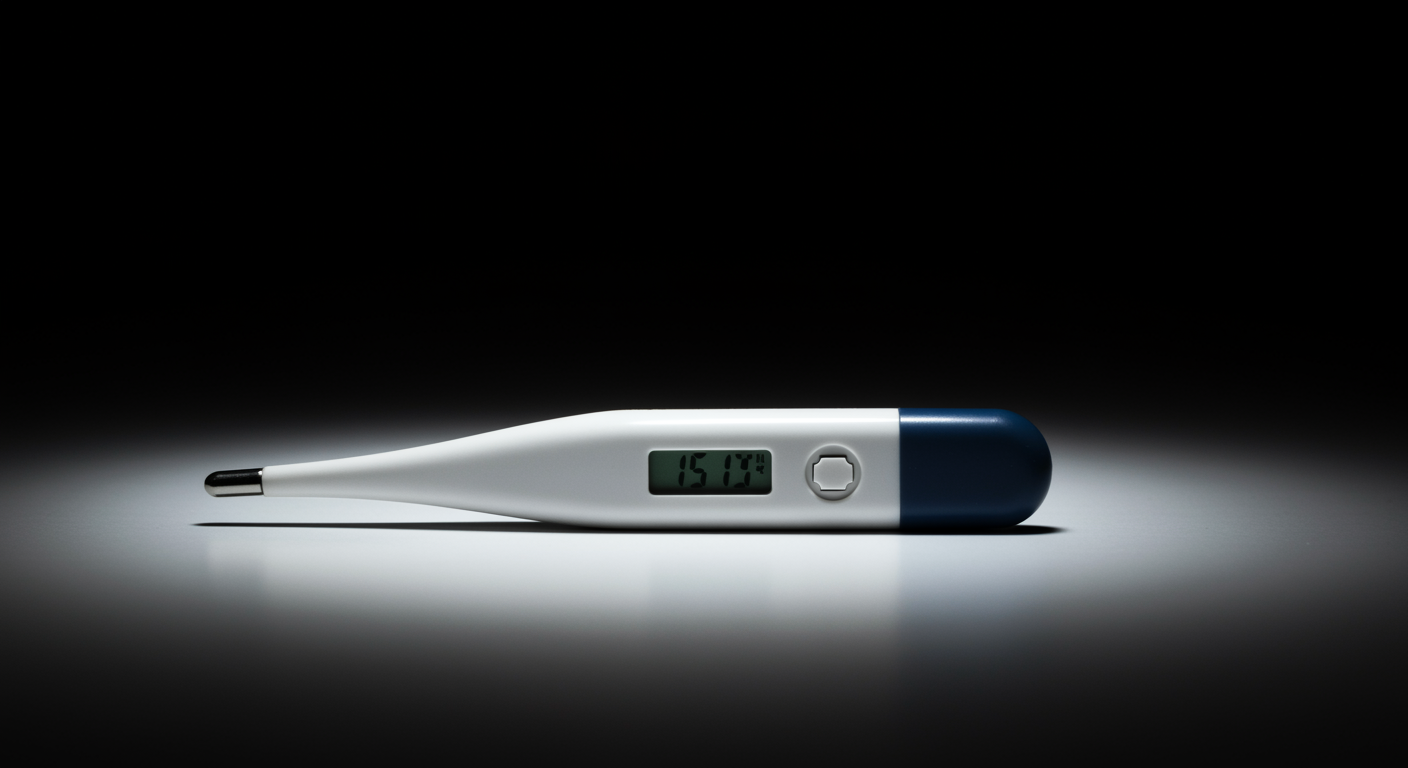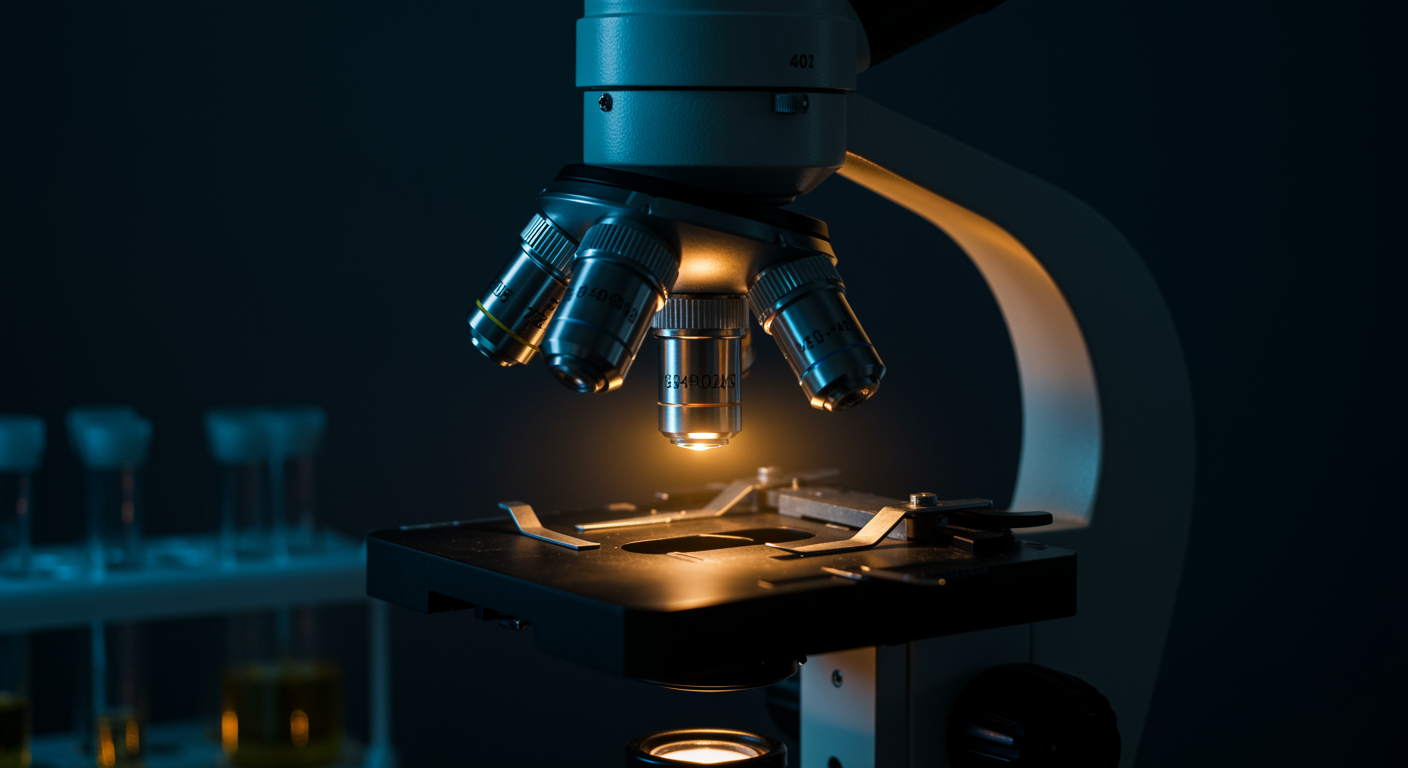Can Hormone Therapy Turn Back the Clock on Aging Skin?
Does Hormone Therapy Actually Improve Aging Skin?
Yes, measurably. This meta-analysis of 15 studies involving 1,589 women found that hormone therapy significantly improves skin thickness, elasticity, and collagen content in menopausal women. The effects are most pronounced in the first 1-2 years of treatment and represent genuine improvements in skin structure, not just subjective appearance changes.
Dr. Kumar’s Take
While hormone therapy isn’t prescribed primarily for cosmetic benefits, the skin improvements are a welcome bonus that reflects the broader health benefits of estrogen replacement. These aren’t superficial changes; estrogen genuinely improves skin structure by increasing collagen production and maintaining skin thickness. For women considering hormone therapy for menopausal symptoms, knowing that it also supports skin health can be an additional motivating factor.

